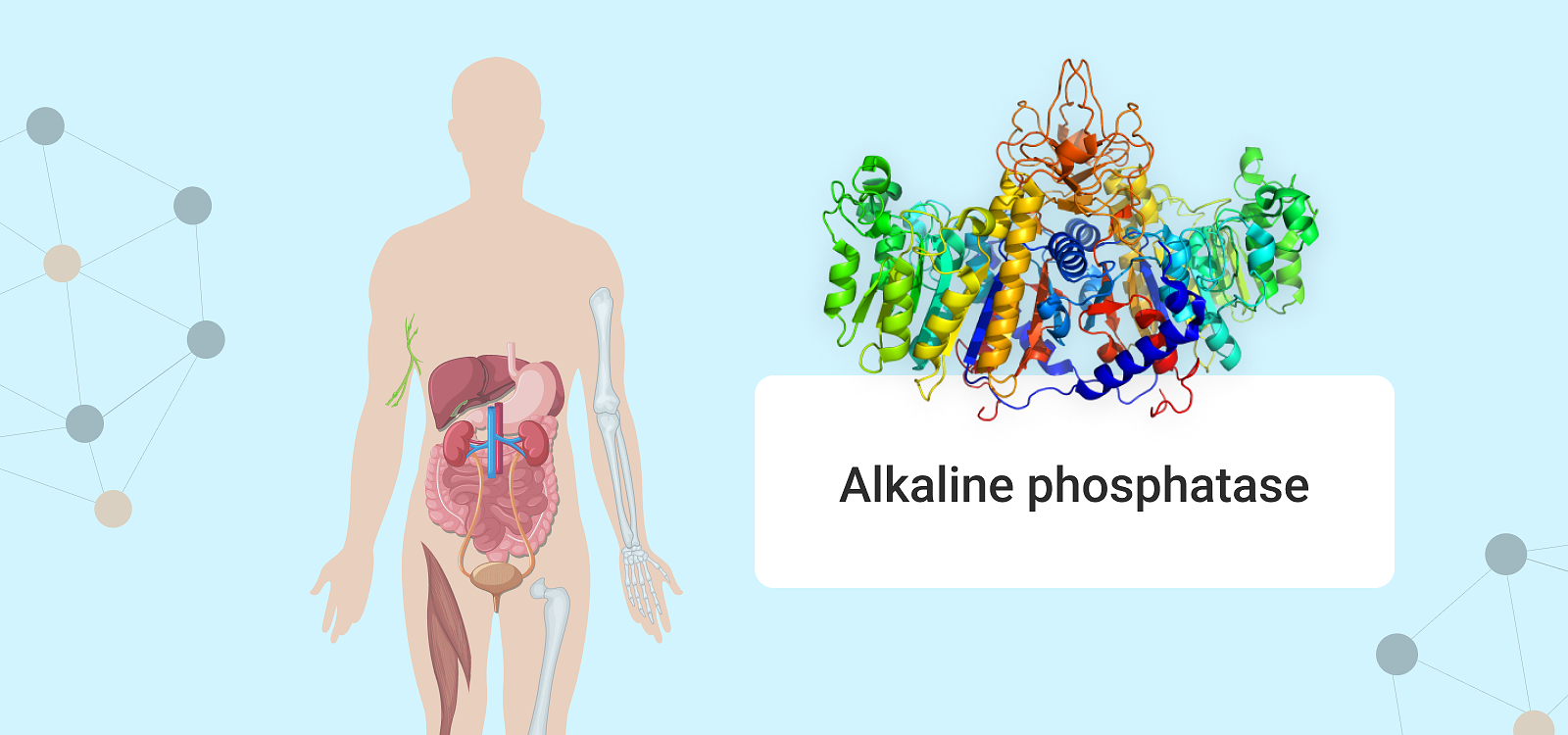Parameter Tuesday: ALKALINE PHOSPHATASE
Alkaline Phosphatase (ALP) is an enzyme primarily concentrated in the liver but which is also present in the bones, intestines, kidneys, and placenta. Abnormal levels of ALP are most often caused by liver or bone problems. The test for ALP levels is usually done as a part of a metabolic panel because this test alone cannot diagnose a specific condition.
Increased levels of ALP are mostly associated with liver and bone diseases. Liver diseases produce a different type of ALP than bone diseases. They can be differentiated by the ALP isoenzyme test. High ALP values in the liver can indicate blocked bile ducts, cirrhosis, hepatitis, or mononucleosis. However, if other tests that also check your liver function (e.g., AST, ALT, or bilirubin) are in the normal range, then the rise in ALP is most probably connected to disorders of the skeletal system. ALP levels are elevated in people facing rickets, malignant tumours, and especially Paget's disease, a rare disease where bones are abnormally large and prone to fractures. Moderately high ALP levels are also present in pregnant women, growing children and older adults.
A decrease in ALP is less common and this can be caused by malnutrition, zinc and magnesium deficiencies, or hypothyroidism, a condition where the thyroid doesn't produce enough of the thyroid hormone. Rare genetic diseases such as Wilson's disease and hypophosphatasia, which affects bones and teeth, can also cause ALP levels to drop.






